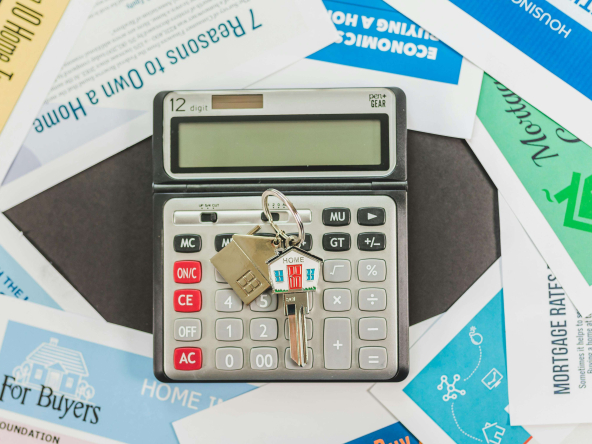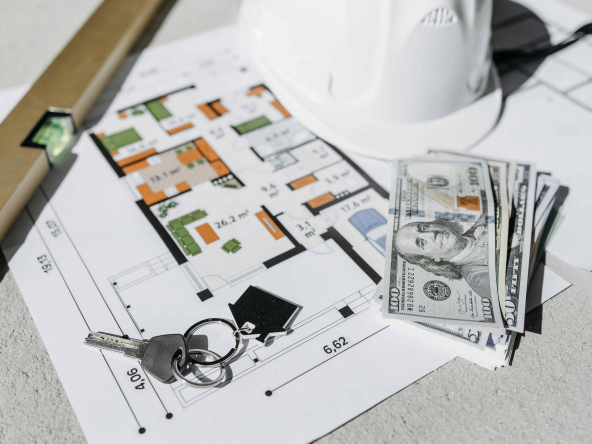Kenya’s rental market continues to expand as urbanization accelerates and more people move to major cities such as Nairobi, Mombasa, Kisumu, Nakuru, and Eldoret. For landlords, this presents a golden opportunity to grow wealth through property ownership – but only if they know how to maximize rental income strategically.
Whether you own a single apartment or a portfolio of rental units, applying the right techniques can significantly improve your returns, tenant satisfaction, and long-term property value.
Here are proven strategies every Kenyan landlord should use to boost rental income in 2025 and beyond.
1. Set the Right Rent – Based on Market Data
The first step to maximizing income is pricing your rental property correctly. Setting rent too high can drive away potential tenants, while underpricing reduces your earnings.
How to determine the right rate:
-
Research comparable properties (comps) in your area on platforms like BuyRentKenya, and Property24.
-
Analyze location-specific trends – properties in Westlands or Kilimani can command higher rates than those in Ruiru or Syokimau.
-
Consider your property’s features, amenities, and furnishing level.
Pro Tip: Review your rent annually to match inflation and market trends. Even a 5-8% increase, when justified, keeps your returns healthy.
2. Invest in Property Upgrades That Add Value
Simple, cost-effective upgrades can dramatically improve your property’s appeal, allowing you to charge premium rent and attract long-term tenants.
Recommended upgrades:
-
Fresh paint and modern finishes
-
Reliable plumbing and electrical fittings
-
Built-in wardrobes and kitchen cabinets
-
Energy-efficient lighting or solar systems
-
Secure gates and perimeter walls
For furnished rentals: Add Wi-Fi, modern furniture, and smart TVs, these features can increase rent by up to 20% in urban areas like Kilimani, Lavington, and Nyali.
3. Focus on Tenant Retention
Vacancies are one of the biggest threats to rental income. A property sitting empty for even a month can reduce your annual returns significantly.
How to retain good tenants:
-
Respond promptly to repair requests.
-
Maintain clear communication and transparency.
-
Offer lease renewal incentives (e.g., repainting or minor upgrades).
-
Keep rent increases reasonable and gradual.
Happy tenants stay longer ensuring consistent cash flow and fewer marketing costs for you.
4. Leverage Professional Property Management
If you own multiple properties or live abroad, consider hiring a licensed property management company.
Benefits include:
-
Timely rent collection and accounting
-
Tenant screening and vetting
-
Maintenance coordination
-
Legal compliance with tenancy laws
While management fees (typically 5-10%) may seem high, professional oversight often improves occupancy rates and reduces losses from non-paying tenants.
5. Diversify Your Rental Strategy
Different types of rentals cater to different markets and some can yield higher returns.
Consider these options:
-
Short-term rentals (Airbnb, Booking.com): Ideal for apartments in tourist-friendly or business districts.
-
Student housing: Profitable near universities in Eldoret, Juja, or Mombasa.
-
Serviced apartments: Target professionals or expatriates in Nairobi and Mombasa.
-
Co-living spaces: Growing trend among young professionals seeking affordable shared housing.
By mixing long-term and short-term tenants, you can stabilize cash flow and increase annual yields.
6. Manage Maintenance Proactively
A well-maintained property not only keeps tenants happy but also reduces costly emergency repairs.
Create a preventive maintenance schedule:
-
Inspect plumbing, electrical systems, and roofs twice a year.
-
Service water heaters and pumps regularly.
-
Keep outdoor areas clean and secure.
Result: Reduced downtime, fewer complaints, and longer lease renewals.
9. Review Your Costs and Taxes
To truly maximize profit, you must also manage expenses wisely.
Ways to cut costs:
-
Install prepaid meters for water and electricity to prevent wastage.
-
Use solar power to lower energy bills in multi-unit buildings.
-
Stay compliant with Kenya Revenue Authority (KRA) tax obligations — including rental income tax — to avoid penalties.
Tip: Work with a tax consultant to optimize deductions and ensure compliance under the KRA Monthly Rental Income Tax (MRI) regime.
10. Embrace PropTech and Automation
Technology is revolutionizing property management in Kenya. Modern landlords use digital tools to save time, enhance efficiency, and monitor performance.
Useful PropTech tools:
-
ArdhiSasa: For verifying land ownership and titles.
-
BuildNet / SemaHouse: For rent collection and tenant management.
-
M-Pesa integration: Simplifies rent payments and record-keeping.
By automating rent reminders, accounting, and maintenance tracking, you’ll enjoy smoother operations and fewer errors.
Maximizing rental income in Kenya is about running your property like a business. The most successful landlords focus on quality, service, and smart management practices that deliver long-term returns.
By setting the right rent, maintaining your property, embracing technology, and prioritizing good tenants, you can ensure steady income, reduced vacancies, and increased asset value.




